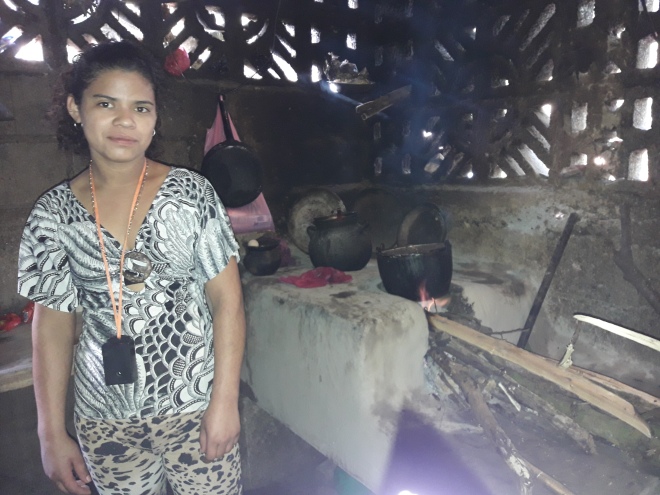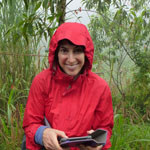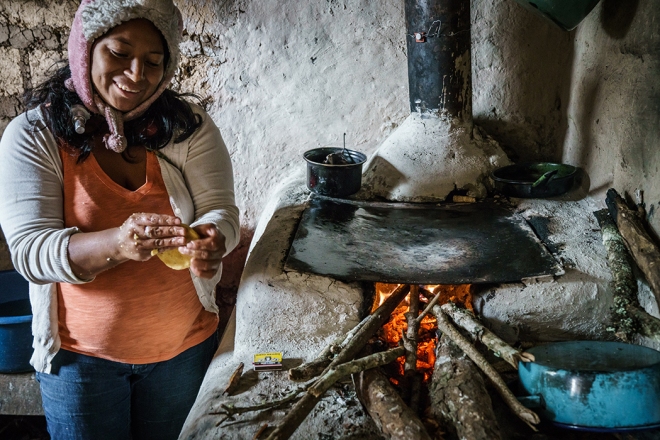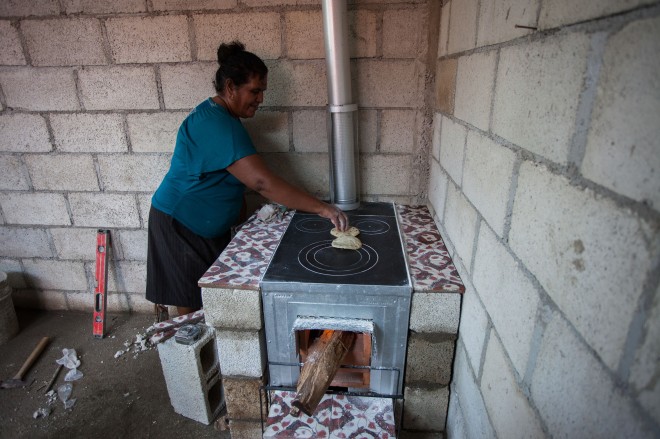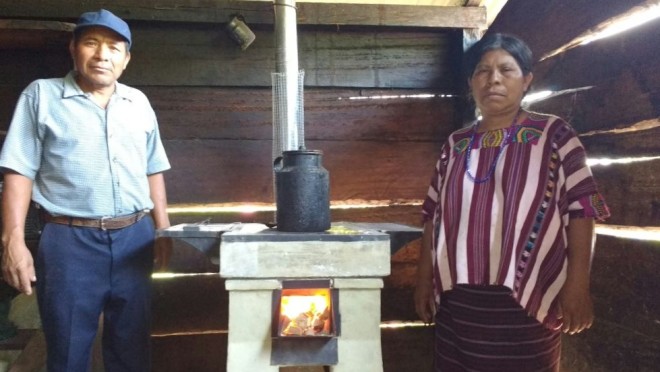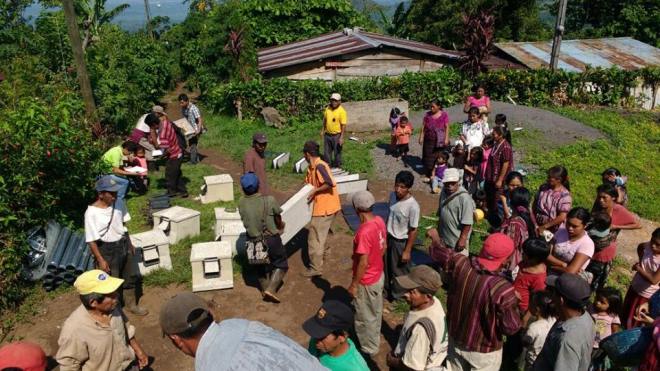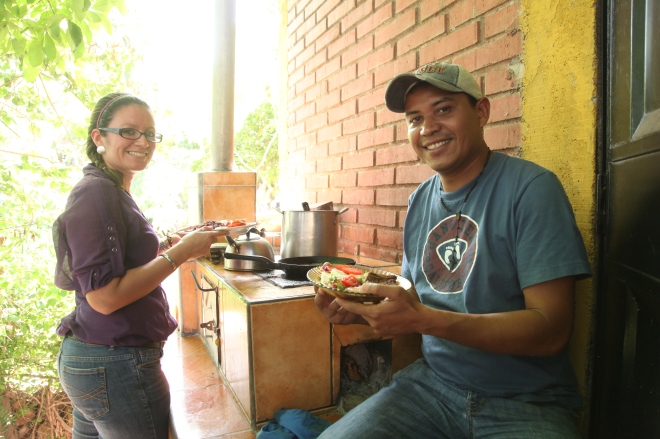
By Sebastian Africano, Executive Director
In the community development sector, it often takes years to know how well an idea delivers on its potential. In 1998, Stuart Conway was on a mission to decrease firewood consumed for household cooking in Central America, to slow rates of deforestation. “Clean” cookstoves were a relatively blunt tool at the time – there were few, simple designs, minimal geographic coverage, and a nascent understanding of what made an “improved” cookstove better than tried and true traditional options.
Stuart made a bet via his new organization, Trees, Water & People (TWP), that local women, working with engineers that understood participatory design, could come up with something better than what was available. After Hurricane Mitch in late 1998, the work began, and within the year, TWP, Aprovecho Research Center, and the community Aldea de Suyapa had debuted the Justa Stove, named after Justa Nuñez – the woman who most contributed to its design.
Twenty years later, the Justa Stove remains the flagship improved cookstove in Central America, and dozens of additional designs have sprung from its original iteration. In March, I gave a talk on the history of the Justa Stove to 100 members of the Clean Stove Network of Latin America and the Caribbean, during their 3rd International Forum. The positive response from organizations who had adopted the stove, others that had studied the stove, and yet others who had modified it to serve different markets, was validating, and humbling.
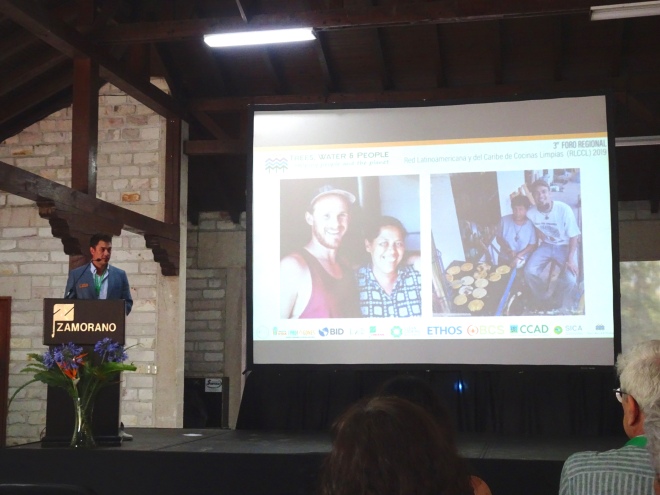
The Justa Stove is designed by and for the user, which is one secret to its success. Another is that it’s built by local masons using locally manufactured materials, and generates income for anyone willing to learn how to build it. Most importantly, it’s easy to use; it’s aesthetically familiar and cooks the food people want to cook with the same speed, firewood, and pots that cooks are used to. The fact that it uses 50% less wood and reduces smoke exposure in the household by 80% is just icing on the cake.
Central America is in crisis. It sorely needs employment, innovation, investment, and participatory development. The only way we can proactively reduce migration out of Central America is to invest in building resilient economies there – especially in rural areas. TWP can help in real and tangible ways, but given the urgency, we need to redouble our efforts, and our reach.
There is currently a push to create hundreds of jobs in the cookstove sector through in-depth training of masons in theory, design, installation, maintenance, and refurbishment of the Justa Stove. This is a dream situation for TWP, and with your generous support, we can put Central Americans back to work making local products that improve the environment and quality of life for tens of thousands of people per year. One stove costs between $75 – $100 to install, and it costs roughly $300 to fully train, equip, and certify new builders.
With over 250,000 Justa-type stoves installed to-date, and numerous studies proving its acceptance and efficacy, it’s now more than clear that Stuart Conway’s early bet on cookstoves has borne fruit. The opportunity to build on this success is huge, and the time is now. If you’d like to support this effort, please reach out directly to TWP, or donate using the link below.

Thank you for reading – please spread the word about TWP across your networks!

